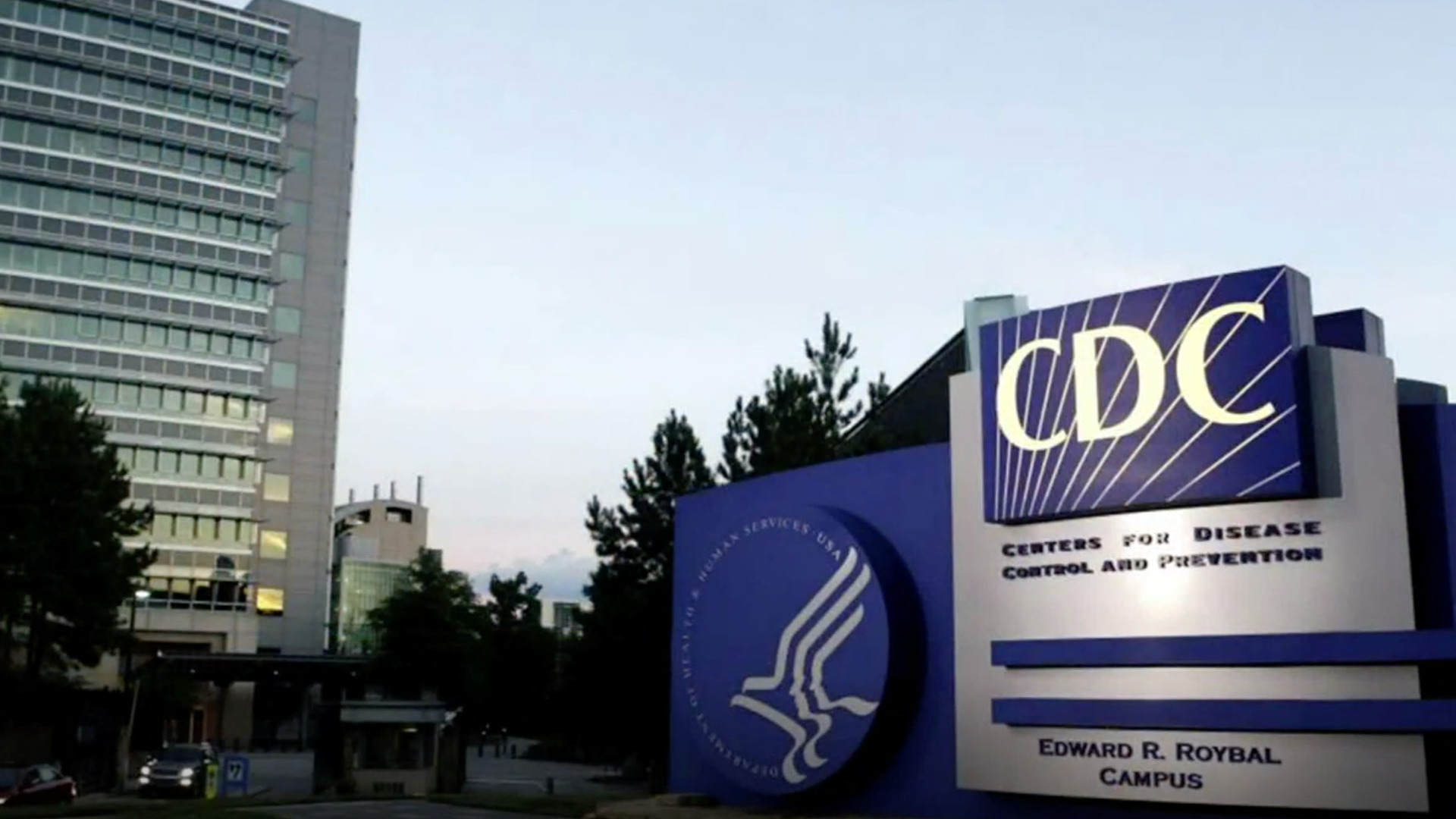PENNSYLVANIA, USA — Candida auris, a yeast infection first discovered in Japan more than a decade ago, is spreading across the country. The CDC and World Health Organization said it's a serious threat to global health.
"Candida auris is one of those emerging infectious disease threats we all need to focus on," said Dr. Raghav Tirupathi, an infectious disease expert from WellSpan.
Tirupathi said the fungus has made its way to Pennsylvania, with the CDC reporting 33 cases in the Commonwealth.
"Initially it started off in the New York and New Jersey hospitals and now we're seeing more and more cases in smaller, peripheral, hospitals," Tirupathi said.
Candida auris spreads primarily through direct contact. Doctors said it's adapted over time, becoming more resistant to drugs.
"It is definitely a concern because it is a nightmare to treat in terms of having limited treatment options," Tirupathi said. "This fungus is becoming resistant to the antifungal options that we once considered to be pretty sturdy in terms of treating these fungi."
Dr. Tirupathi said it's spreading primarily in hospitals and healthcare facilities.
While it may not cause serious illness in healthy patients, he says it can be deadly to people who have weak immune systems, people who received an organ transplant or people being treated for cancer.
Dr. Tirupathi also noted hospitals should step up cleaning procedures, healthcare workers should wear gloves and gowns to stop the spread and infected patients should stay isolated from others.
The CDC and the Pennsylvania Department of Health are updating protocols.
"This will be a formidable challenge in the coming years, especially in healthcare settings," Tirupathi said.
He said hospitals are conducting more patient screenings as the fungus spreads, but warns testing is limited and still needs to be developed.

